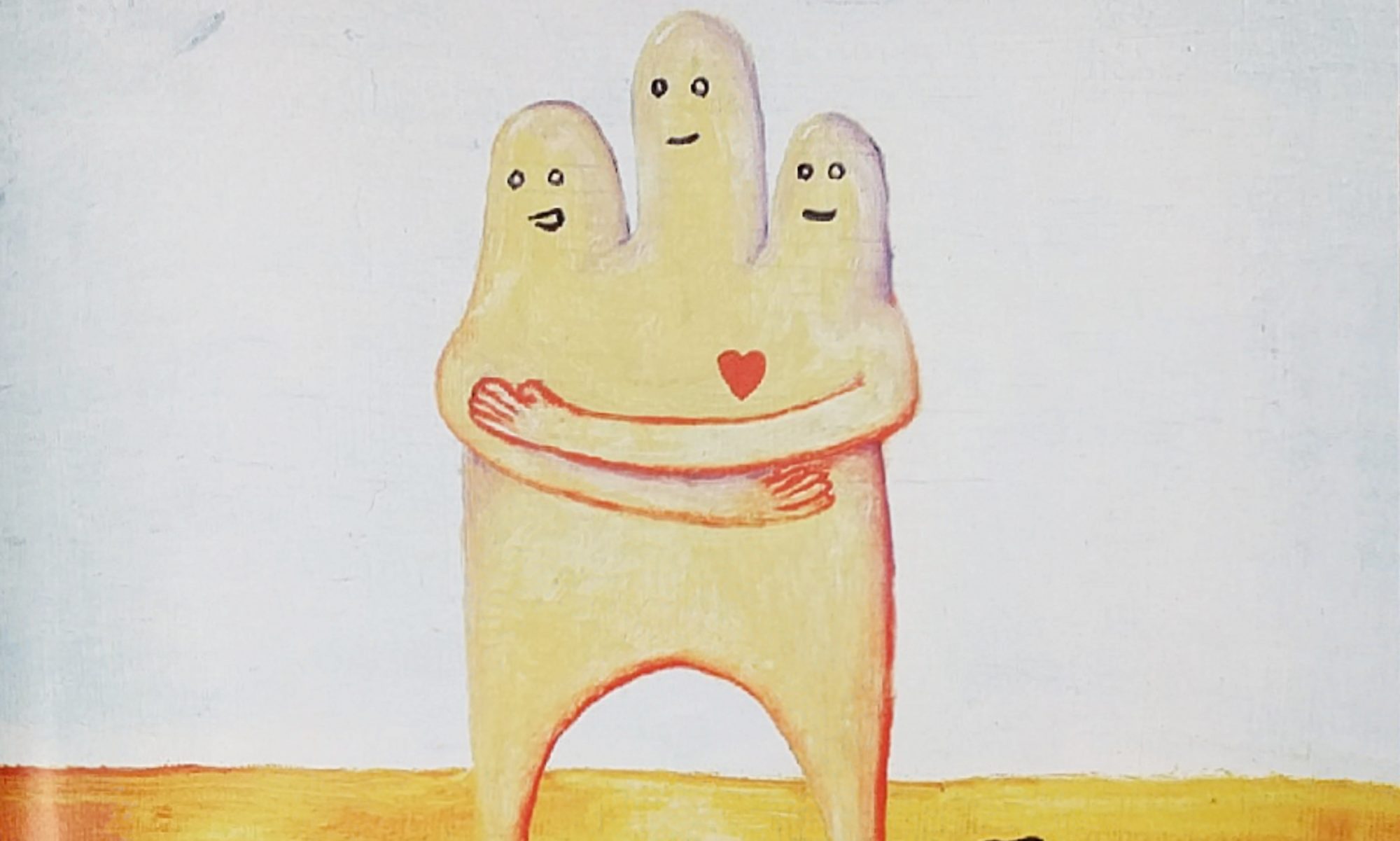
Photo by Cole Peters
By Taylor Burgess
For Cole Peters and Chris Jacques two years ago, it all began as an outlet to release their music but since Prairie Fire Tapes’ inception, Jacques has made seven albums under the name White Dog—some really cool and psychedelic, but most others approach horrifying parts of your brain. Since he’s going to be a performer at this year’s send + receive festival, both of his tape labels are releasing killer stuff, and his own music is taking wild turns, Jacques welcomed me up to his “East Berlin” office space which he shares with No List Records so we could discuss shit.
Mostly, I just wanted to know why his music is usually such a head-trip.
“It’s not meant to be creepy or dark or anything,” he said. It’s because of being a high school guidance councilor that he internalizes a lot of the darker side of the human nature. “I deal with people every day in their psychological needs and hear lots of crazy shit from kids and then their parents about what’s going on in their lives. My teaching has always dealt with people who are marginalized, or downtrodden, abused, and all that kinds of crazy shit. I’m a history student, so a lot of that stuff—things about rebellions and resistance come through as themes in my stuff a lot of time.”
For example, Resistance has audio tracks from the FLQ manifesto, and Retribution has tracks from a documentary on the MOVE organization—a black-liberation group that was essentially shot up by the police.
But for Jacques, he aims his music to be as cathartic as possible—not bleak or nihilistic. Referencing the usually overbearing genre named harsh noise wall (which, if you can imagine, is pretty much like taking white noise and distorting that as much as possible), he said, “I don’t like ‘harsh’ noise. I mean there are elements that happen, and I use them, but I like the drones, I find them very calming, and really good for me. I’m taking what I’ve absorbed of the human experience, and I’ve probably absorbed a lot of the darker side of the human experience, and then just pushing it through these pedals and making sounds that calm me down, and which hopefully people enjoy.”
One thing that has been influencing his music as of late, most notably Escape the Mystery II, has been his eight-year-old son, Magnus.
“A lot of the song titles, of recent, have been things that my son says,” says Jacques with a laugh. “‘Escape the Mystery II’ was his, ‘Beloved Hostage’ was his. He just comes up with this string of words. And I think, ‘This is so awesome.’ Because there’s no irony in it, there’s nothing behind it, he’s just stringing words, and it’s like, ‘Yeah, this is great, absolutely fantastic.’”
On the cassette, Magnus just says crazy shit and Chris has delayed it feverishly, making it sound like some childhood madhouse. Magnus has played live with Chris a couple of times, though he won’t be for the send + receive show.
“He’s had fun in the couple times that he’s done it, and that’s pretty much what it’s all about, him having fun. If he really comes and says, ‘I want to pick up a synth and make stupid noise with you,’ I’m like, ‘Yup! Let’s do it!’”
During the interview, Jacques made an aside comment of being stuck in a noise genre, and I thought it interesting, considering that’s how to easily classify most of his releases—and I wondered what genres he wanted to reach for beyond that.
“I guess it’s always going to be stuck in this drone/drift/noise genre, whatever, underground music. But, there’s always elements of psychedelic stuff, of that krautrock repetition, of Balinese music that I strive to incorporate because I love the sound of it so much.”
Those distinctive elements mostly sum up what Jacques releases under his label offshoot Dub Ditch Picnic, over which he has complete artistic control. On it, he’s released Microdot and Tim Hoover, but also Fletcher Pratt, Auntie Dada, Germany’s Krautheim, B.C.’s No UFO’s and a bunch of other wildly psychedelic treats.
Of both his tape labels, he said, “For me, it’s just a really good way to force myself to listen to music, and to be a part of things. Where I could easily just sit in my house, listen to, you know, ’90s music like a lot of my friends do. It’s easier to be a consumer and expect X, Y, Z of bands. But I knew, when I revived White Dog after not doing anything for a while—okay, I’m sitting here, in my bedroom, making noise. I can’t be the only one in this city. Or this country, for that matter. And that’s totally proven to be the fact of the matter.”
Definitely, I find his output admirable (and his radio show Dub Ditch Radio on UMFM from 1-3 a.m. on Monday nights mind-blowing).
But how is it that he originally came to acquire all these pedals and start playing this kind of music in the first place?
“Basically, it’s my severe lack of being able to play an instrument.”
I asked back, “But didn’t you play in the Incinerators with Bill Northcott?”
“Well, I was the singer. I just stood up and yelled, spit at people. People spit back, flicked cigarettes. It was a total train wreck.”
Stylus Magazine

